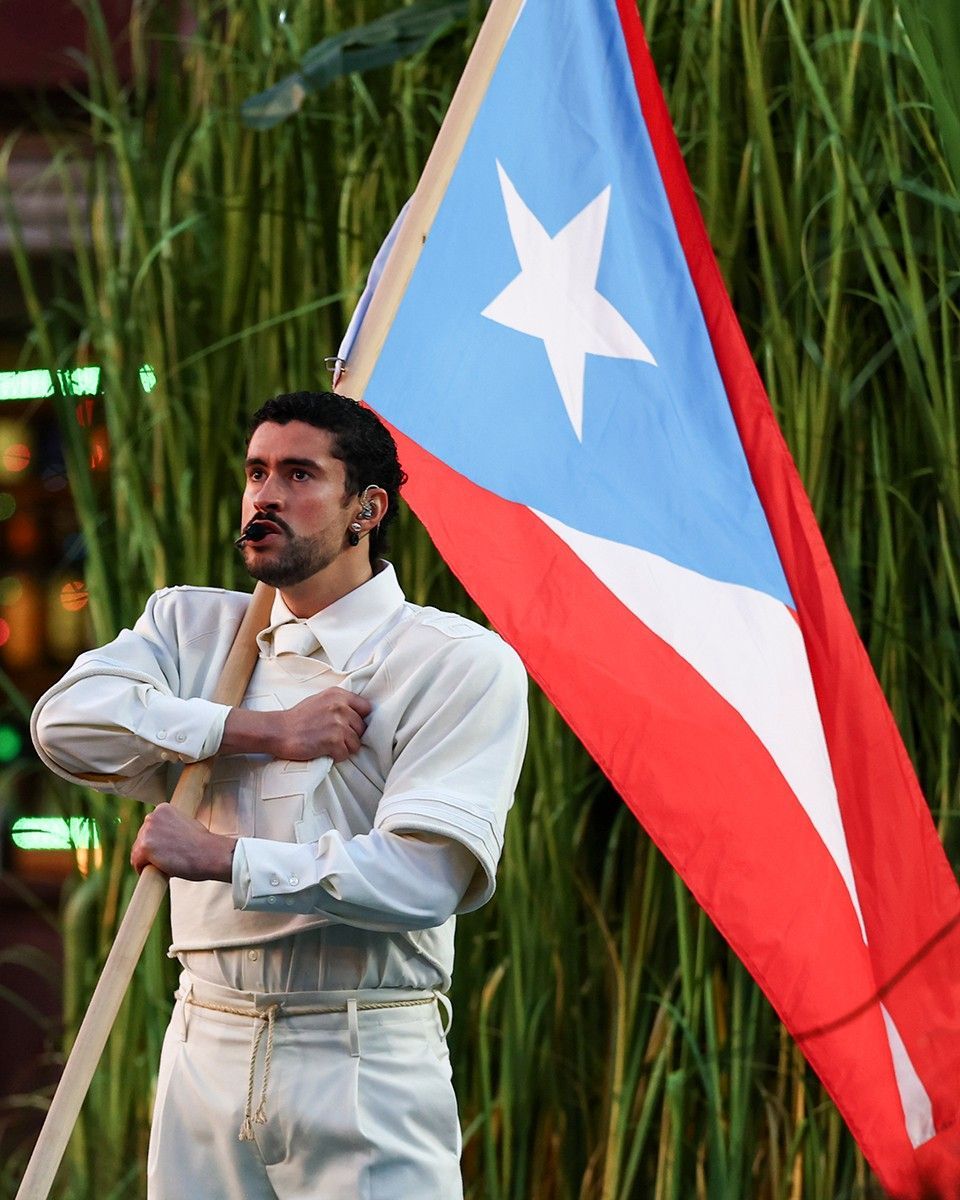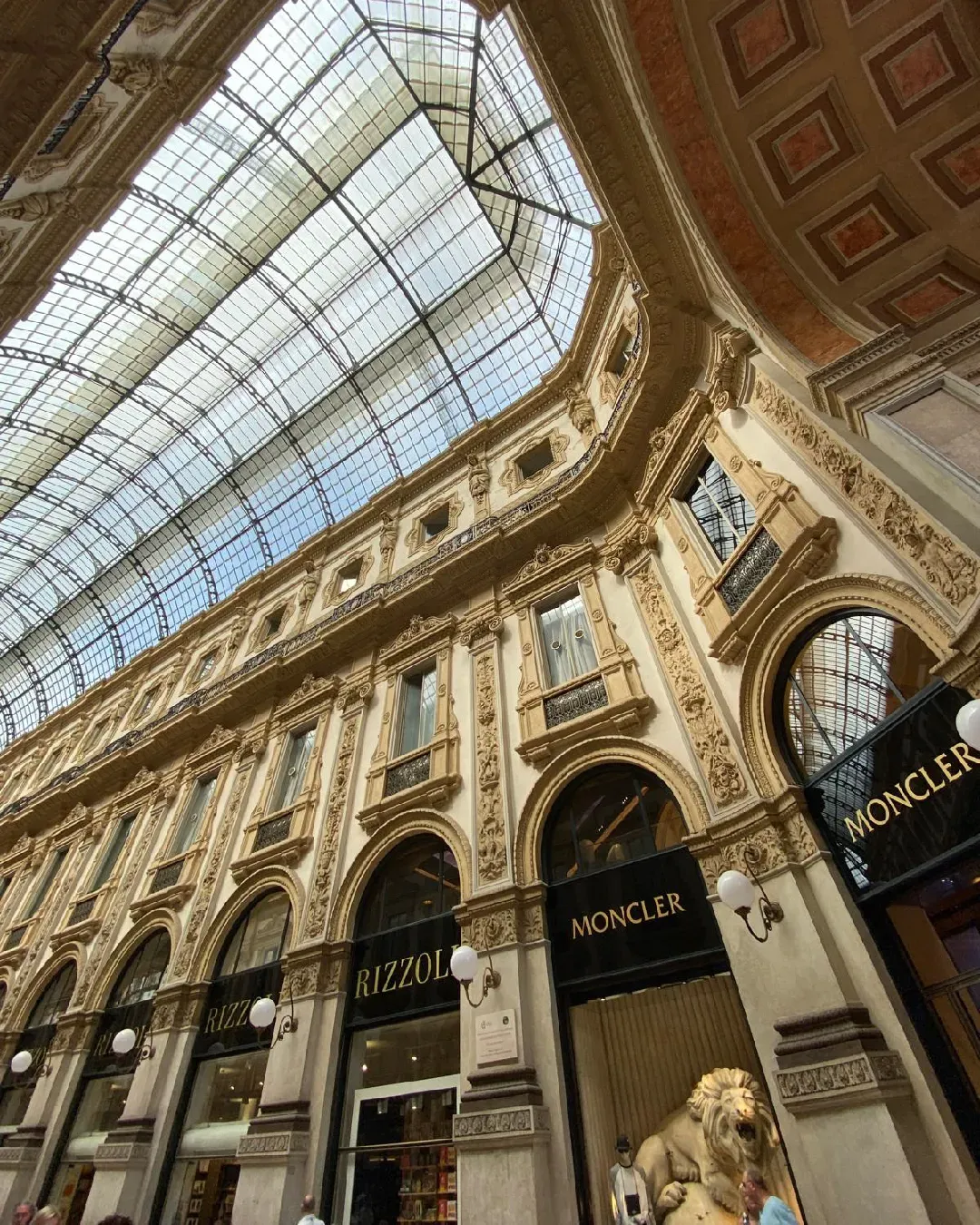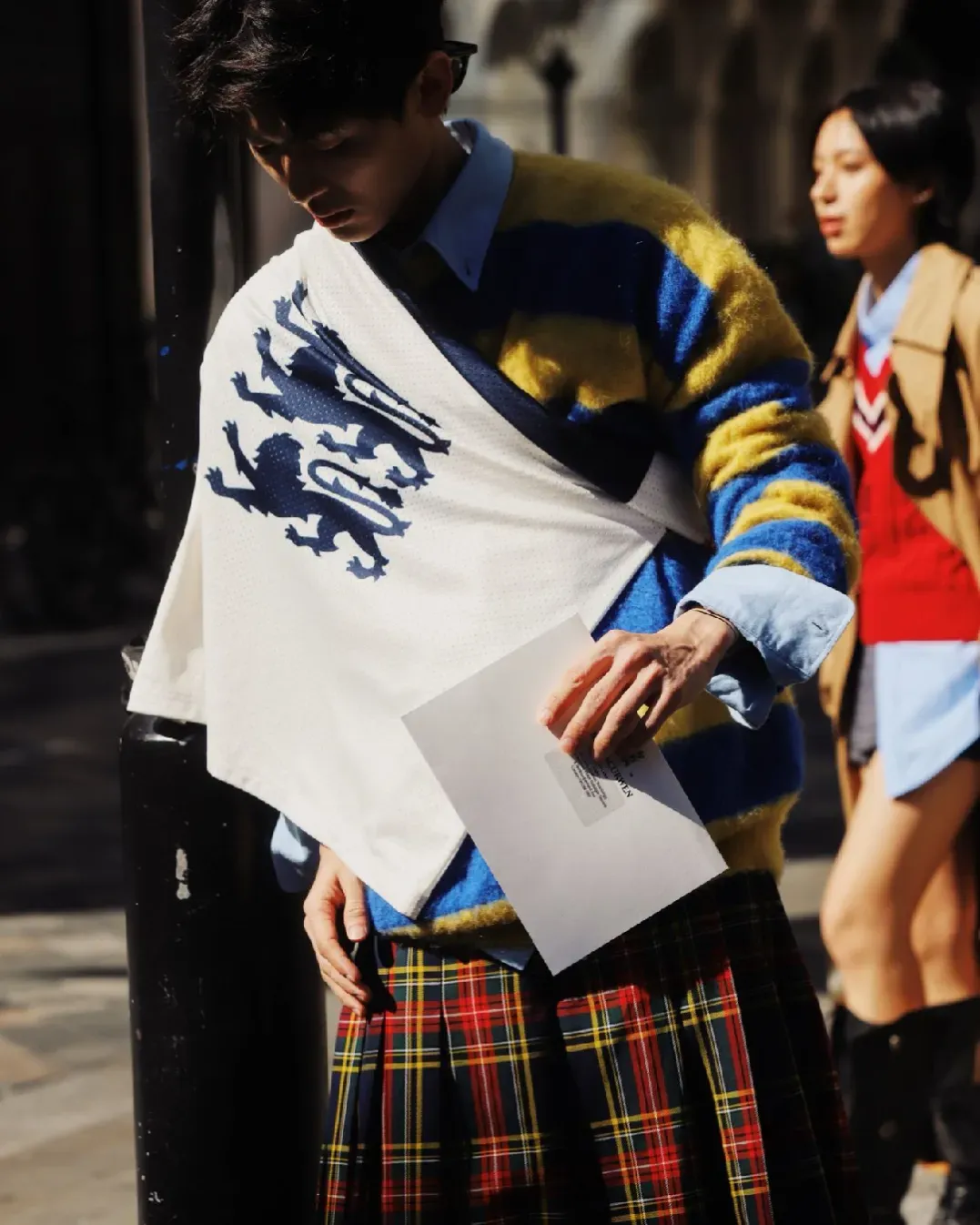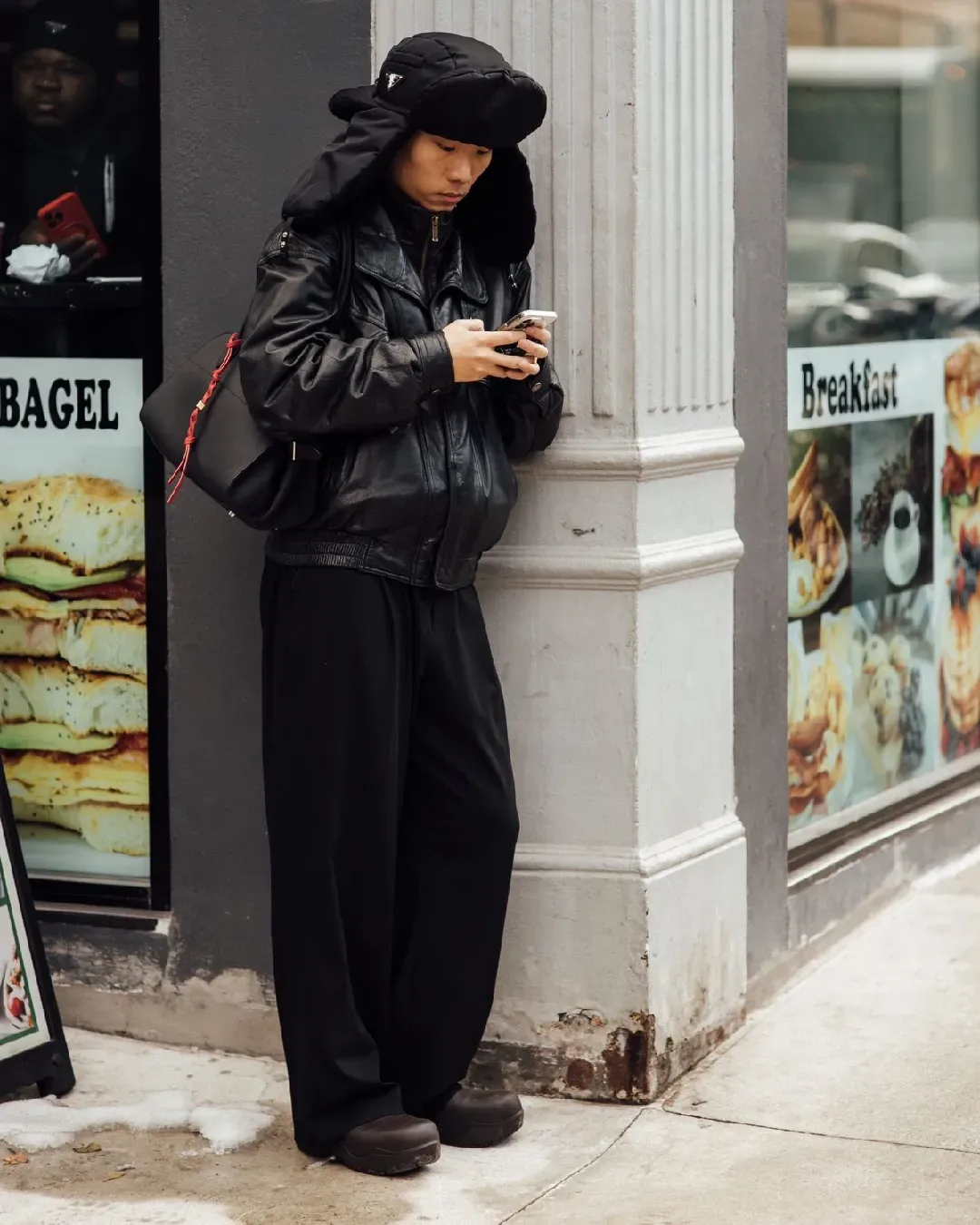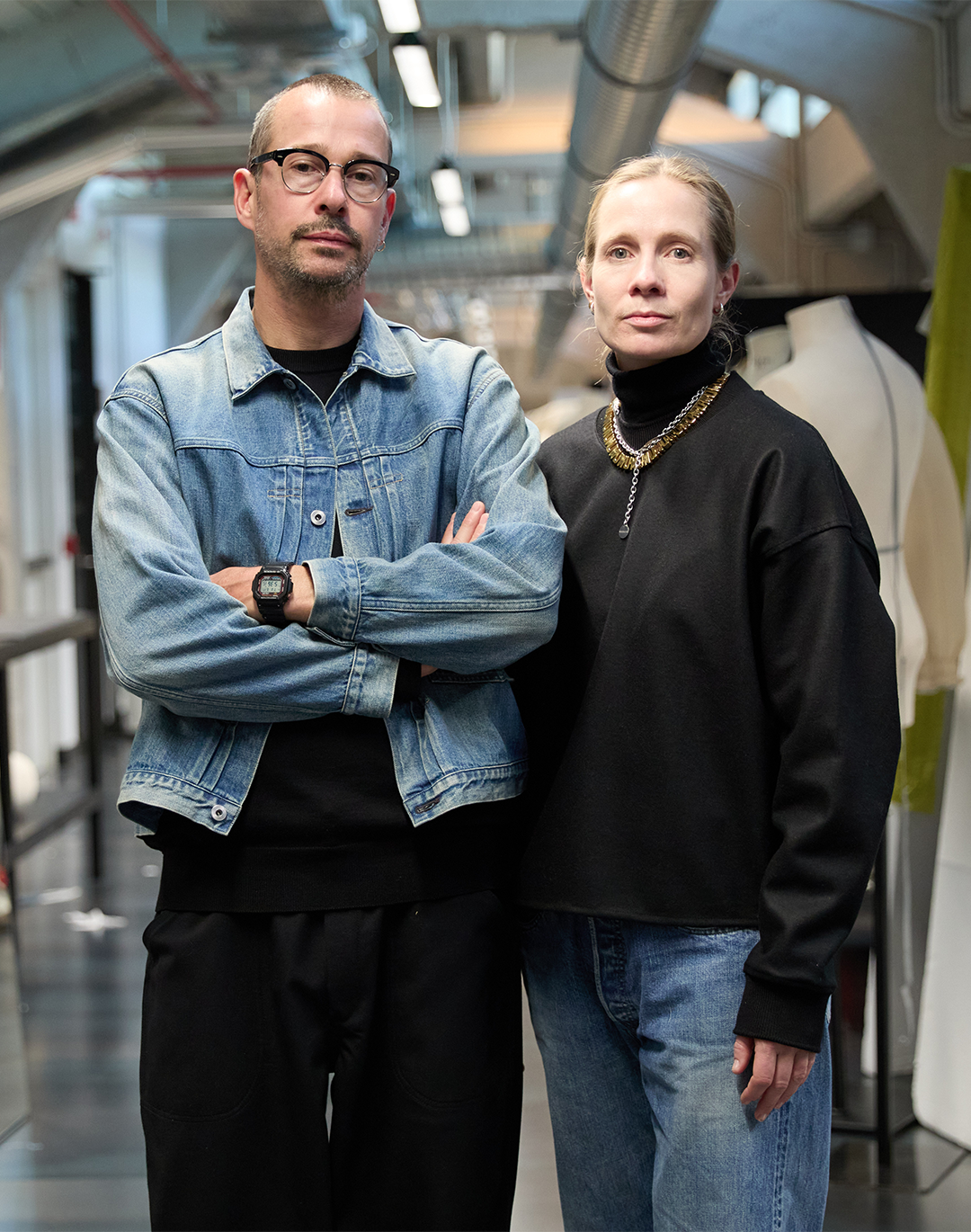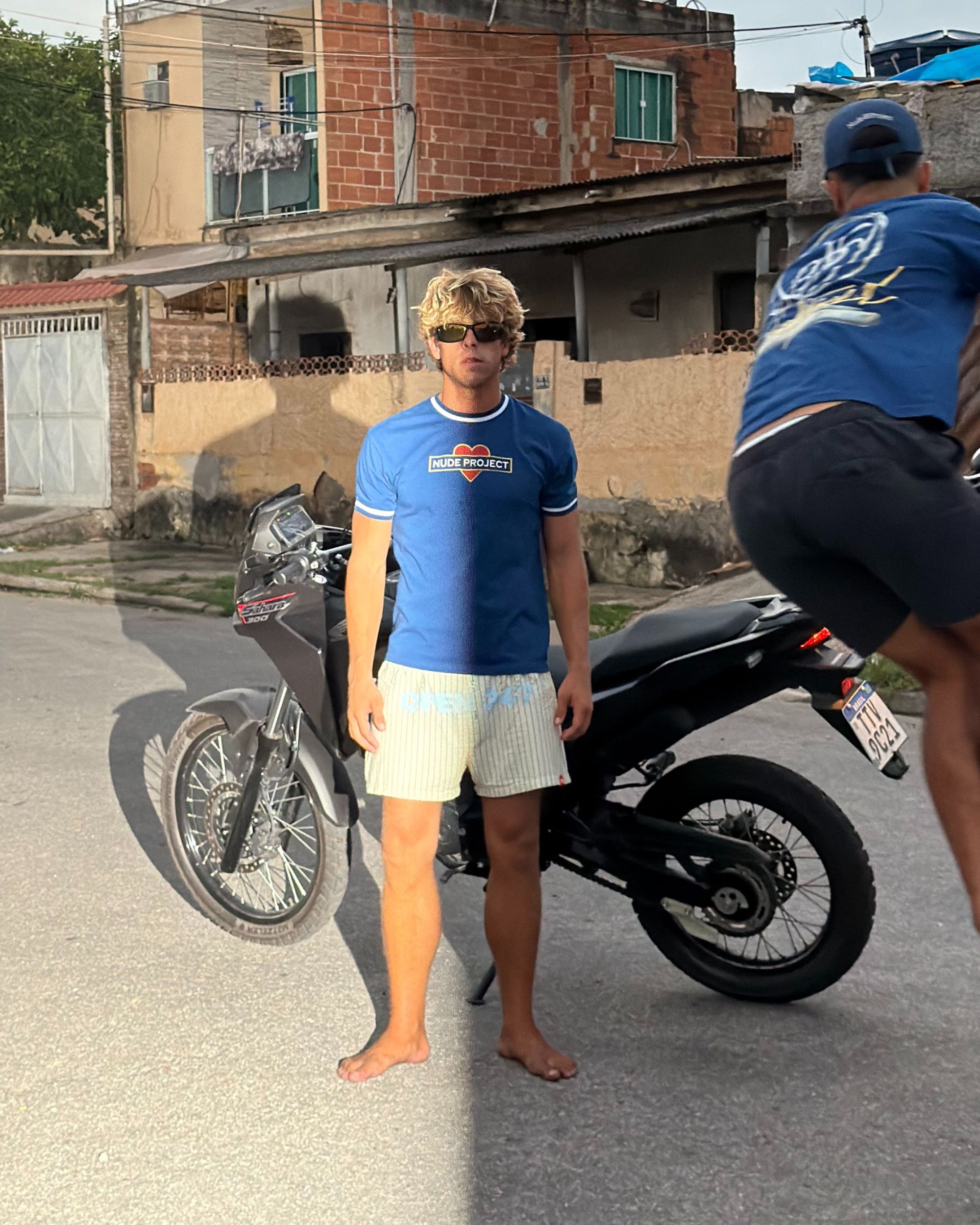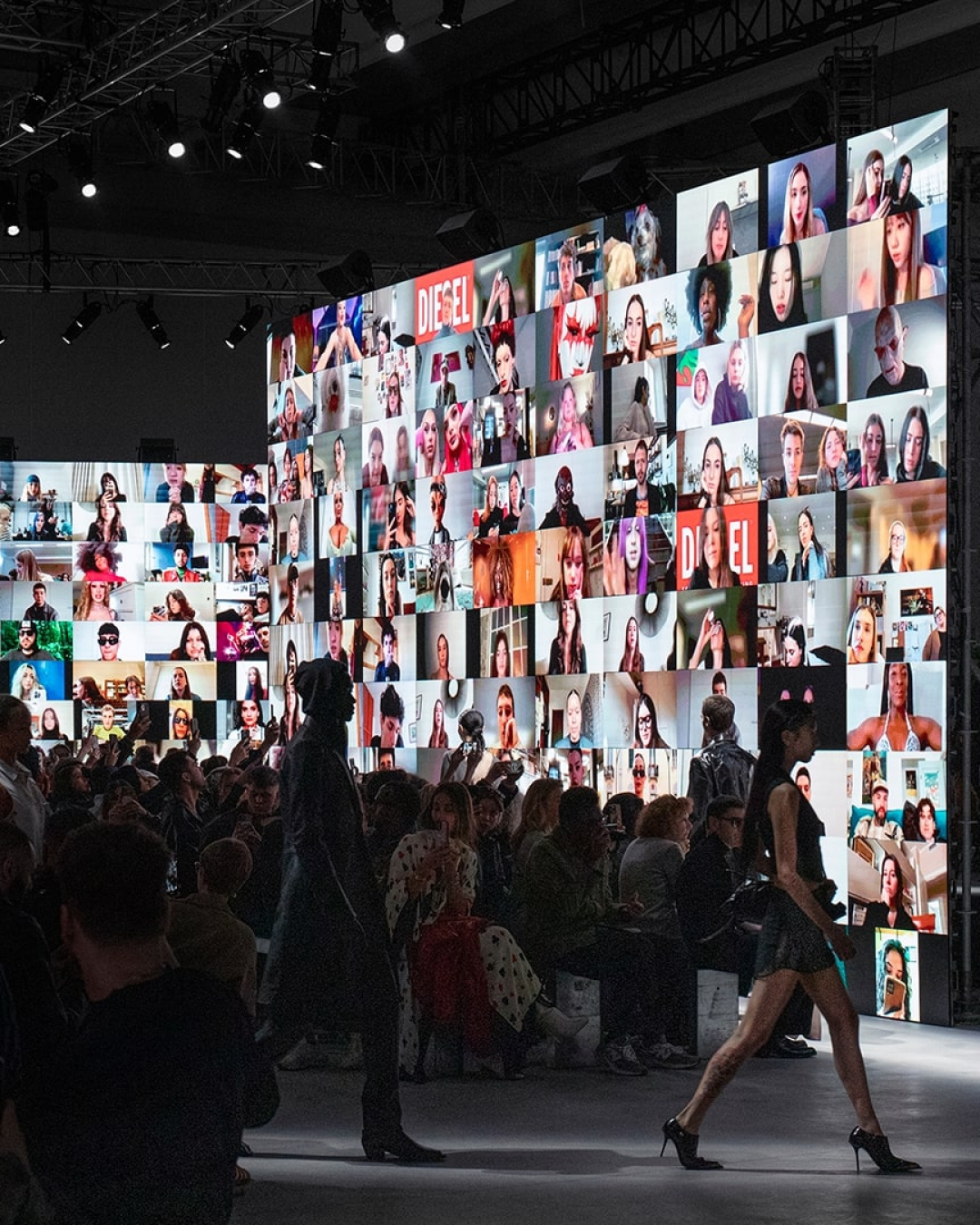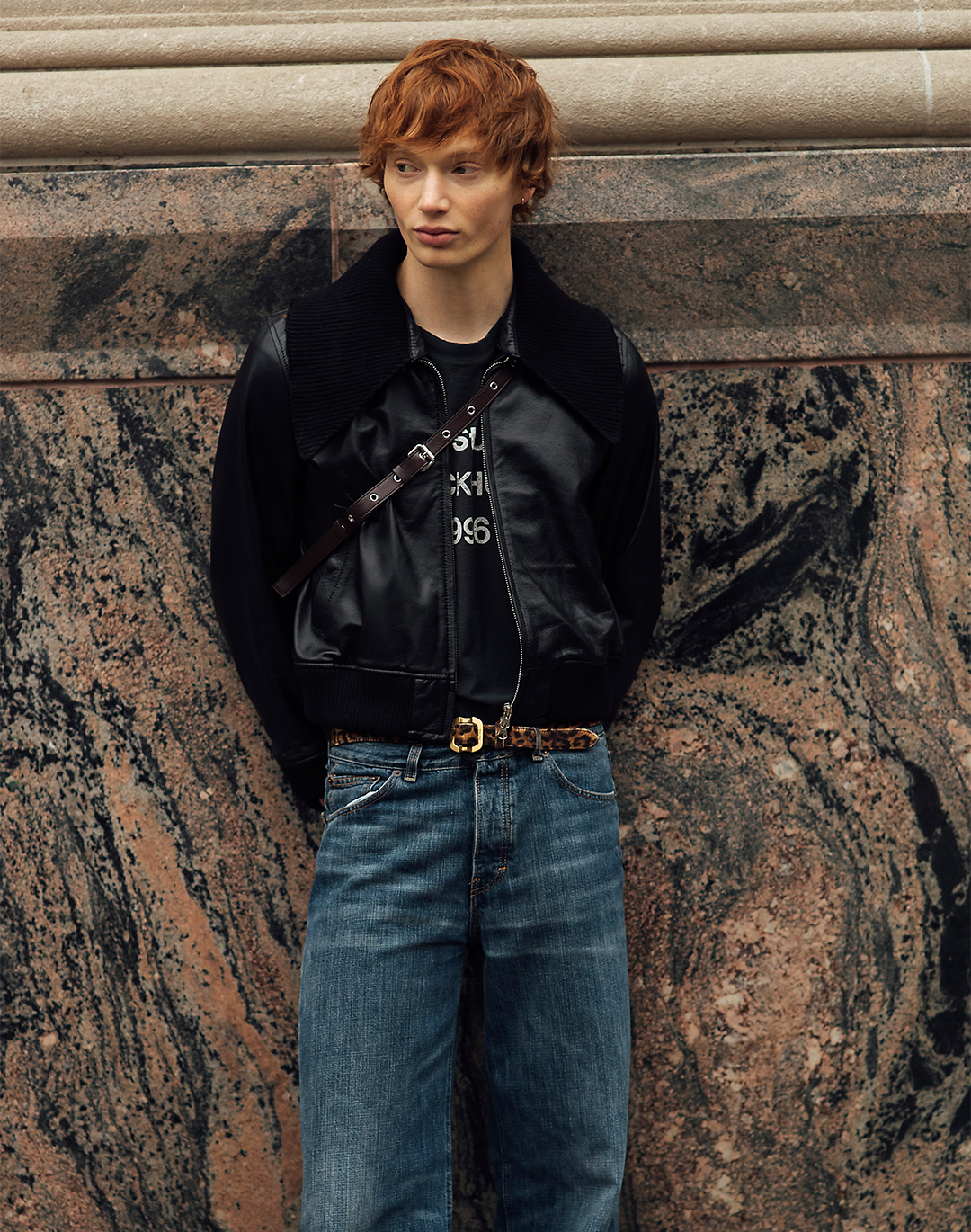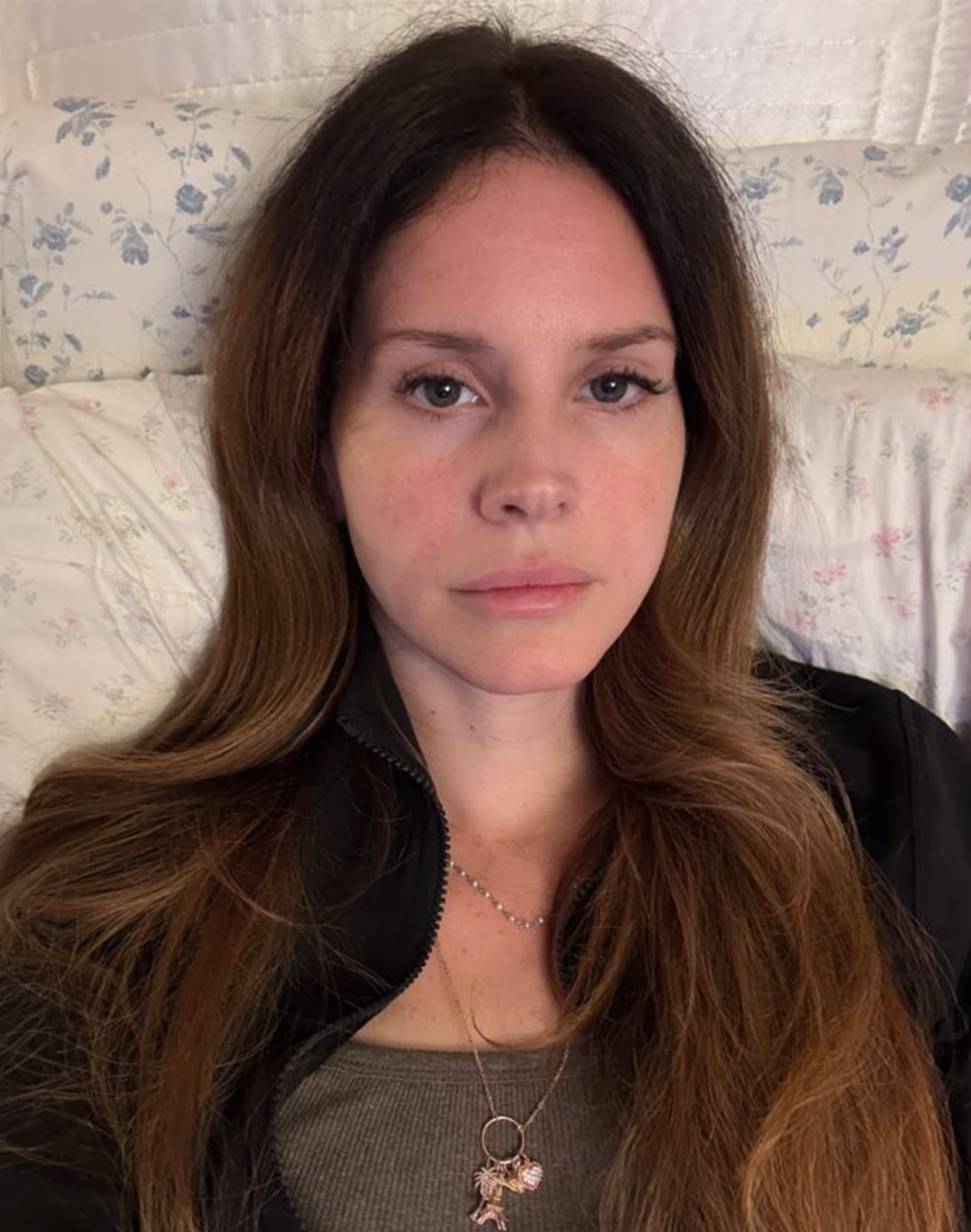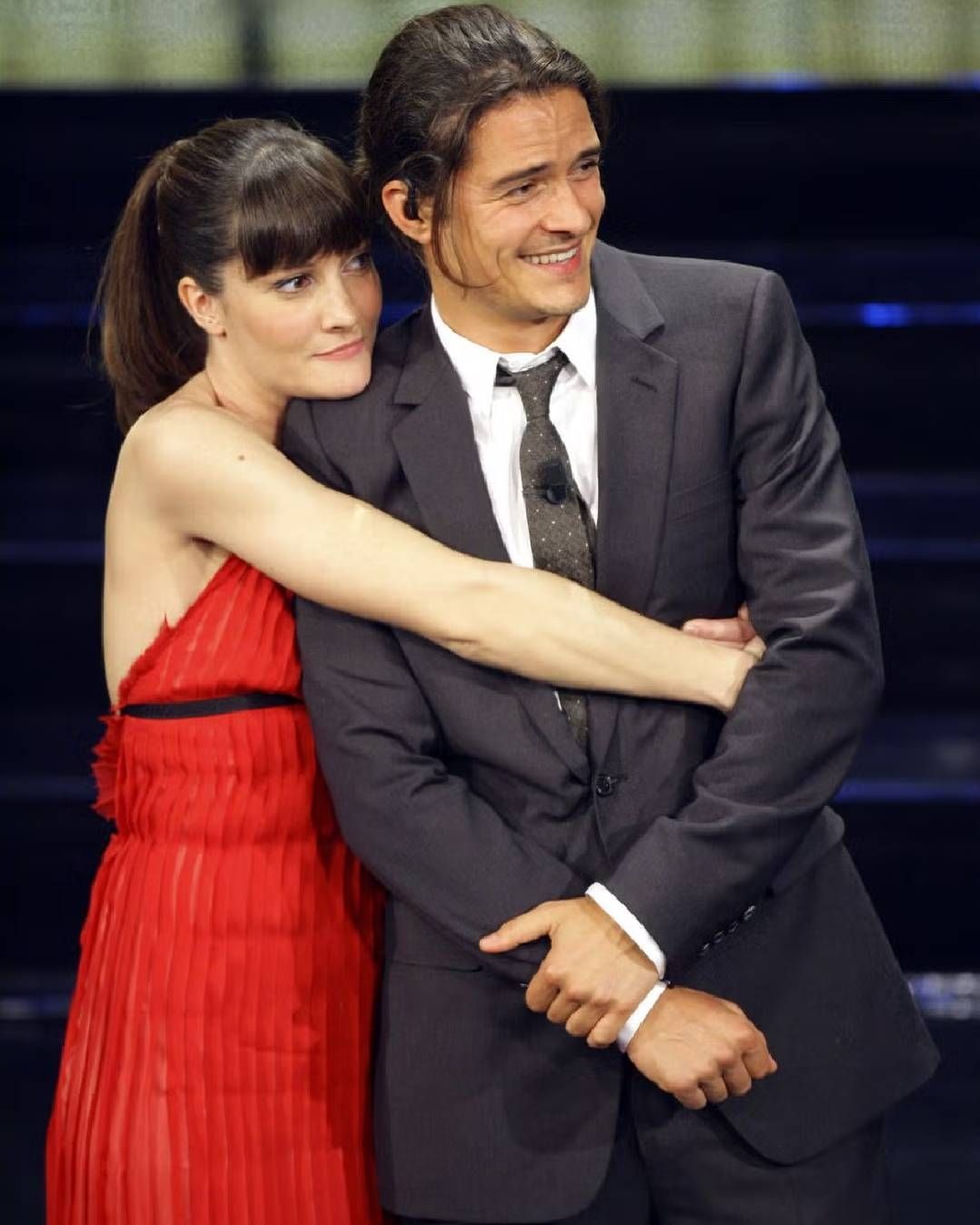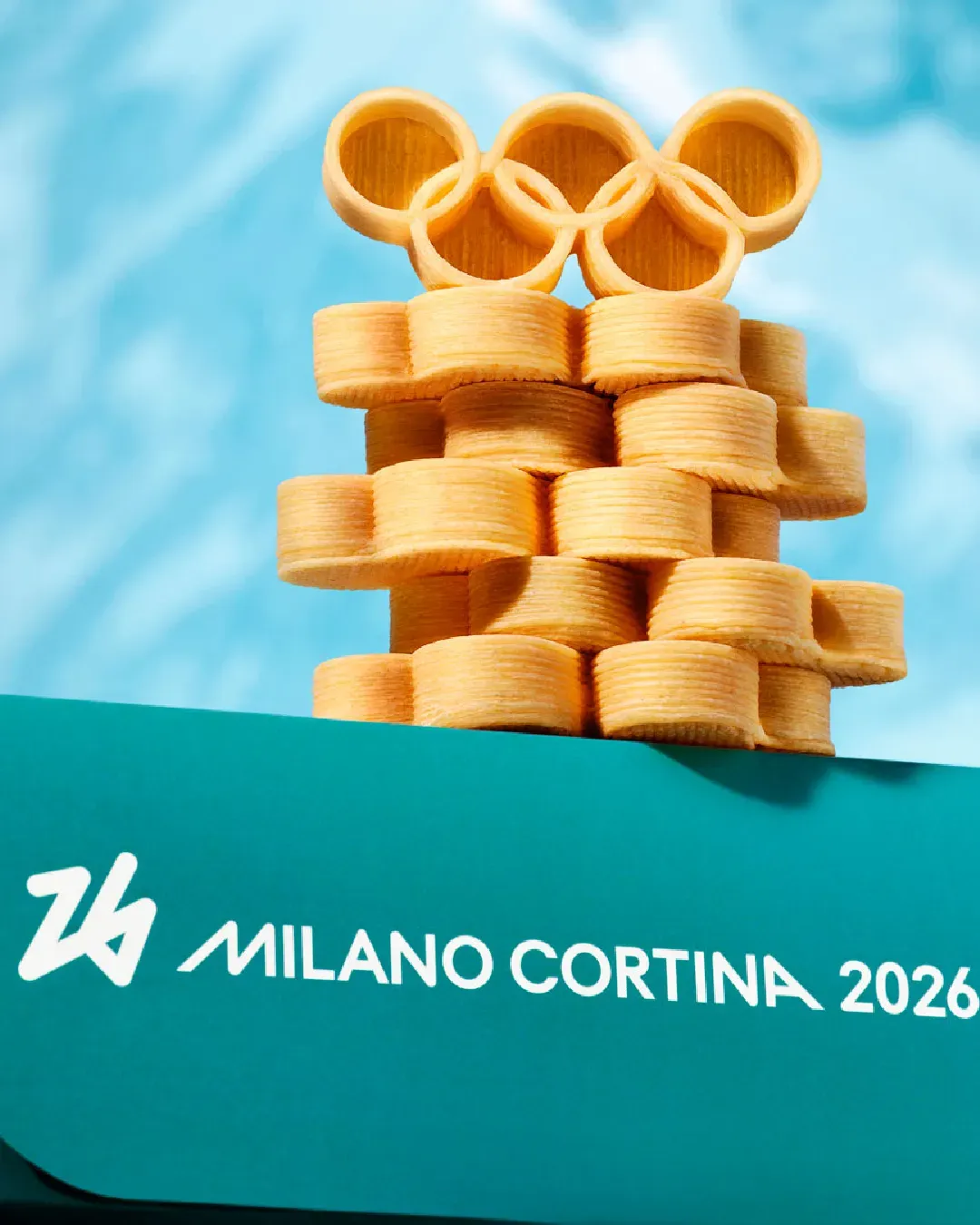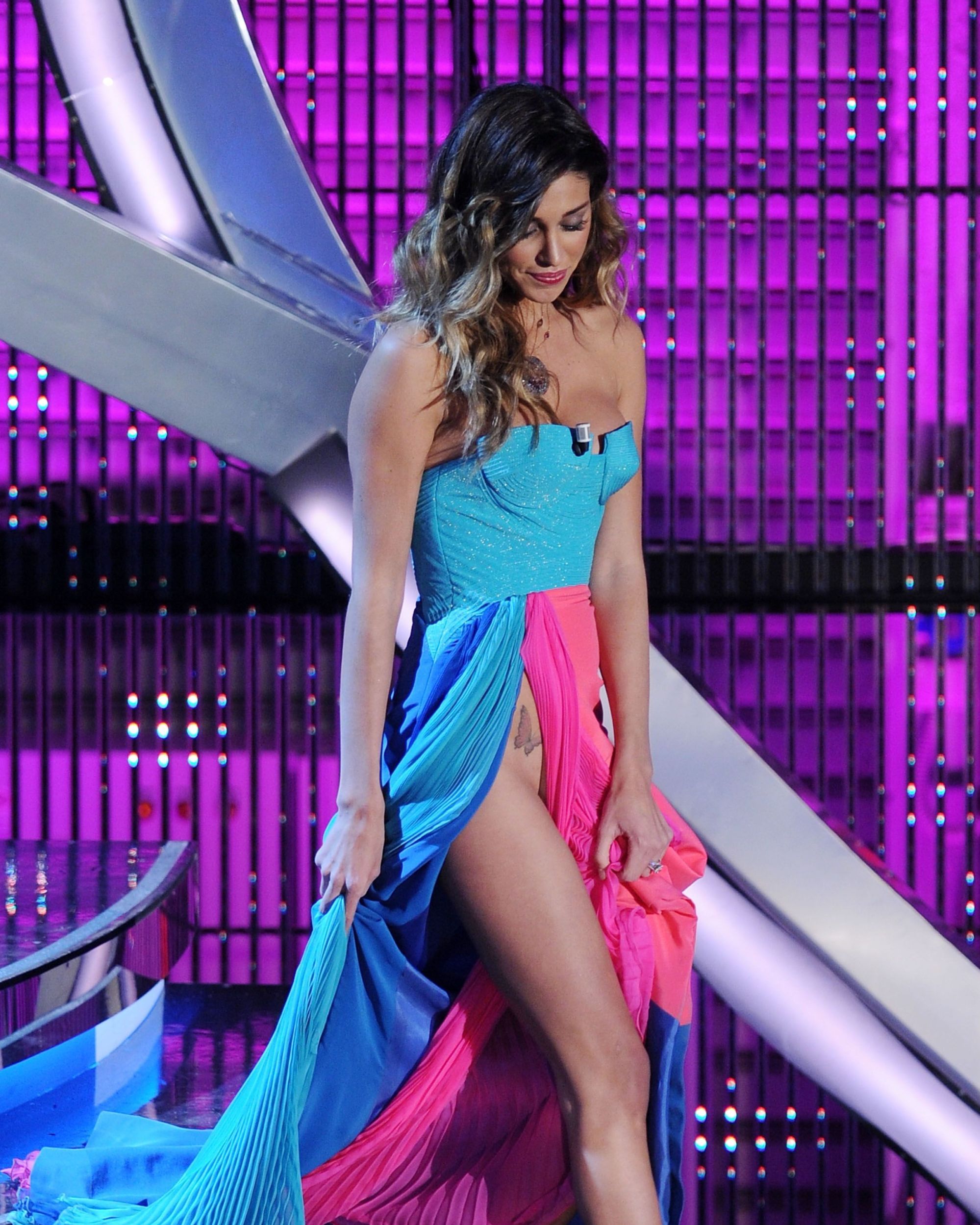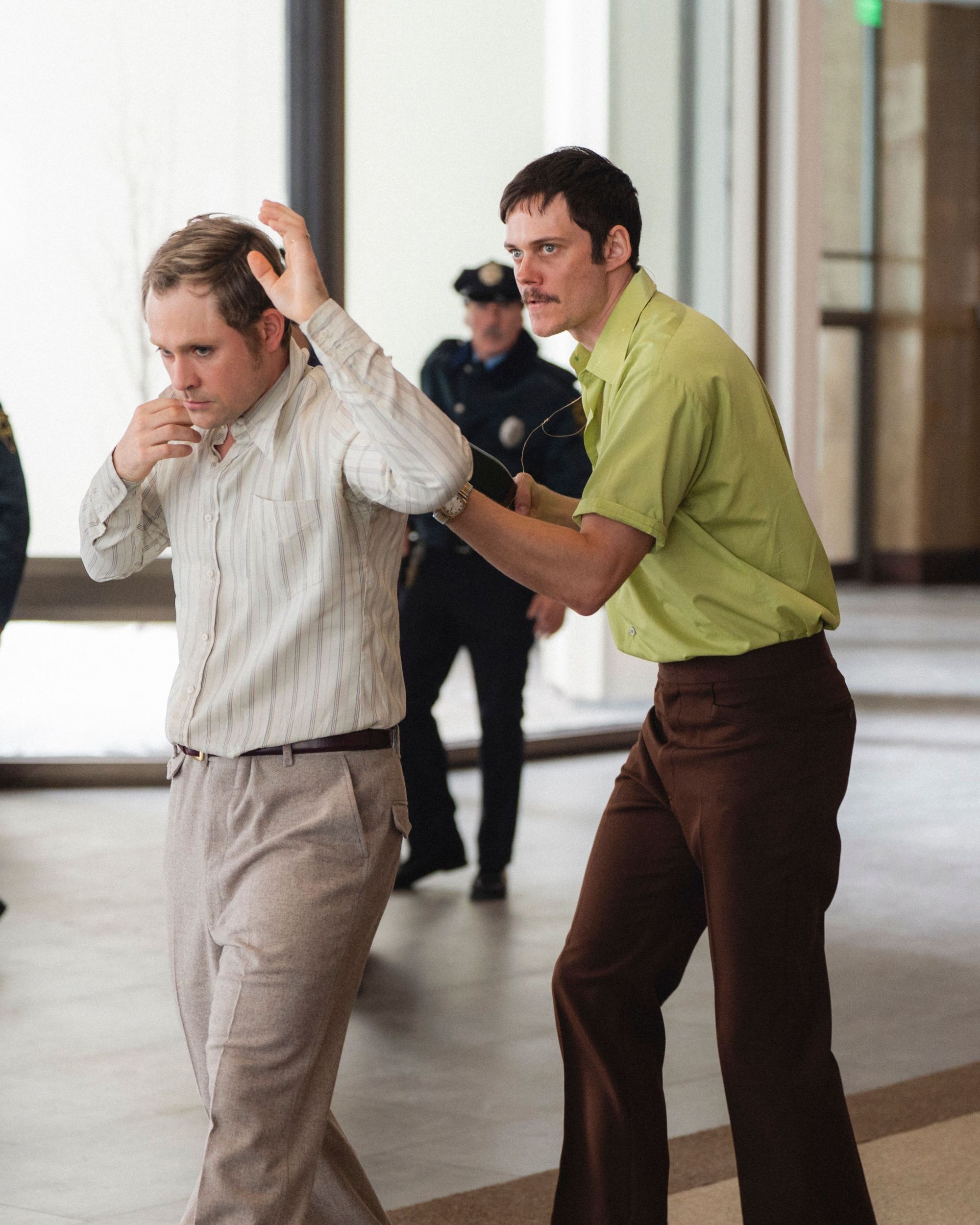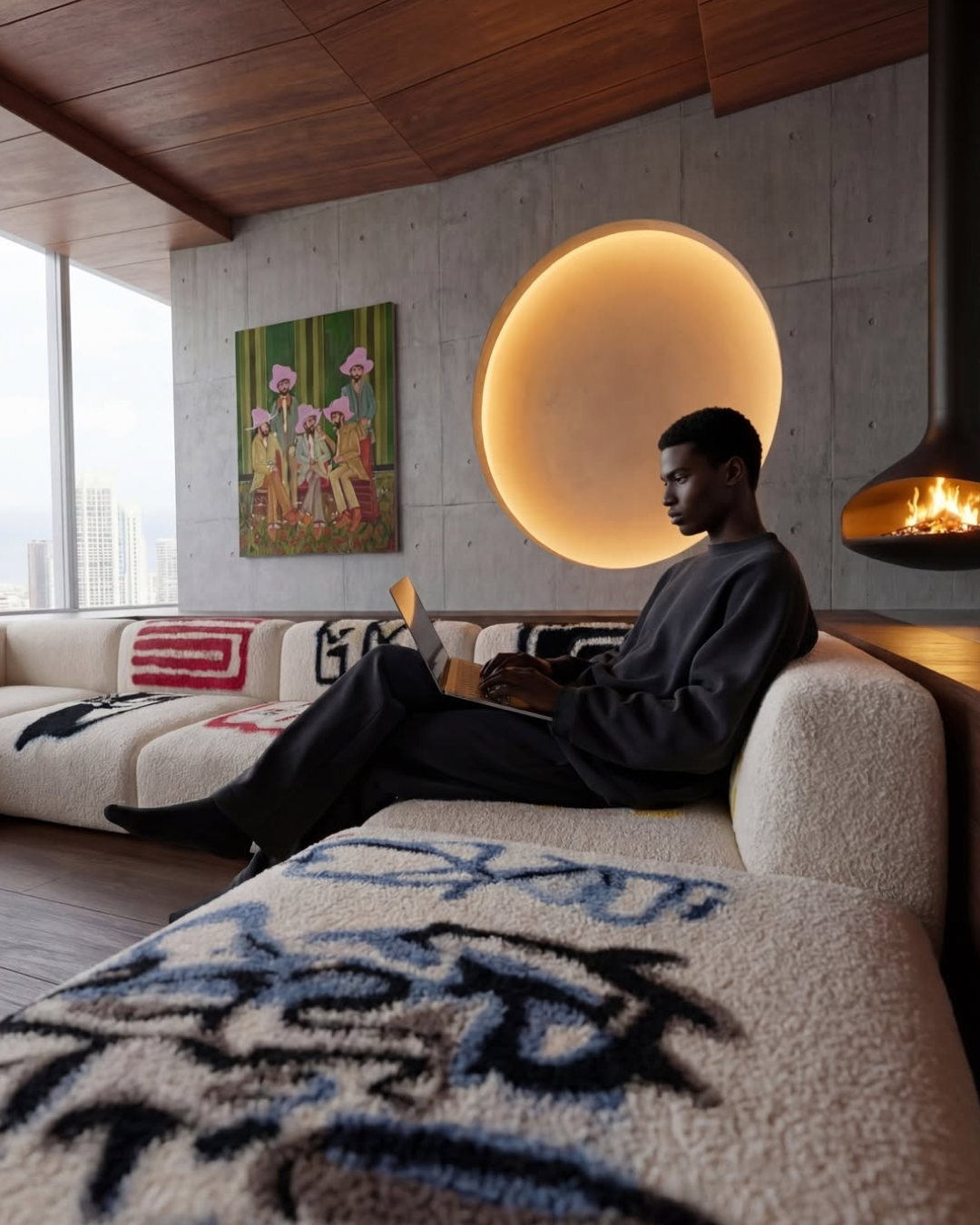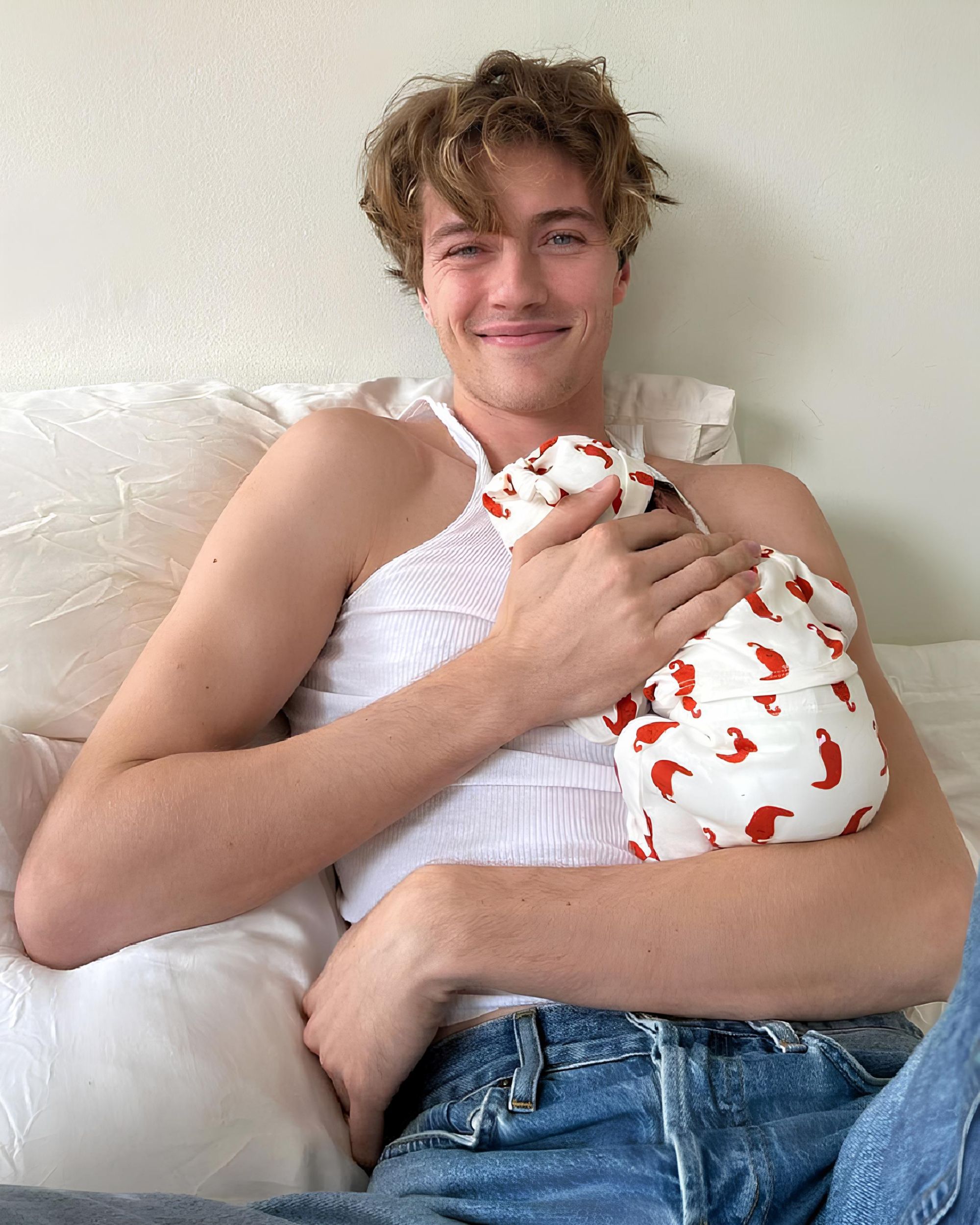
Has Instagram become a place for boomers? Or we are the boomers?
There was a time in our lives when our identity wasn't defined by the clothes we wore, by our, or by our personality, but by one, seemingly insignificant detail: the cover image on our Facebook profile. If you are too young to remember this - besides breaking my heart - you can't understand the intrinsic importance and difficulty behind choosing an image that should best represent how indie and alternative we were, that our taste was better than those of others, than we were better than everyone, even if we kept checking the number of likes under the photo at night. (I went from images of Sofia Coppola and Wes Anderson's films to quotes taken from Pinterest, just to be clear).
Like when at a party even the last drunks fall asleep on the sofa, we understood that it was time to leave - and by we I mean us Millennials - leaving Facebook in favor of Instagram (but keeping the flame of FB burning for birthdays and for events to remember). It’s been a long time since the first pics portraying our meals or the sunsets, and everything has changed. If before having a well-kept and pleasant, color-coordinated feed made you an interesting and vaguely artistic person, today it makes you a person who takes too seriously for something that is not their job, who basically believes in it a little too much. We've used Instagram for everything: hooking up, finding jobs, meeting new friends, discovering new places to go on vacation, posting vacation photos, lately also to show ourselves politically active and woke (and it has worked, I would add), but the ultimate purpose has always remained the same: minding other people's business. A job that has become progressively more and more difficult, both due to the tendency of the average user to post less and in a more careful way, calibrating the contents to be published, both due to this past year, where between the pandemic and the usual FOMO, many lost the desire to show themselves.
While Instagram had the ability to evolve - do you remember when there were no Stories? - adapting to its users' needs, Facebook has remained much stiffer and with few really useful features. With the downfall of a huge social network that has attracted several generations, vertical social networks have multiplied, based on a single type of topic and format, such as TikTok, centered on short videos. But it's precisely this medium, how it works, the reason why it has raised very high barriers with the older generations, who don't understand how this social media works and therefore stay away from it. If we found the right time to escape from Facebook before the boomers finally landed when it comes to Instagram we weren't as quick, especially because something is not clear yet: have parents and relatives landed here too or have we become the parents and relatives to the eyes of the youngest? There is a cosmic emptiness for a generation that no longer feels it has its own place, a platform in which to express itself - what we'll ever have to say then we don't even know - and that still sees TikTok with hostility, because they don't feel accepted, included, almost opposed. The arrival of mum and dad on the social network should have already given us some foreboding, with photos of flowers on the balcony for mothers and bikes and football for fathers, sorry for this generalization, but it must be said that they can’t be blamed for the evolution of Instagram, which when used in the right way looks more like LinkedIn.
It should be noted that it was the evolution of Instagram itself that caused a change in our approach to it. If on the one hand brands of all kinds began to invade the feeds with sponsored content, on the other hand, a lot of the blame goes to the average user halfway between an influencer and the user X, those small creators, or micro-influencers, who were a bit the backbone of Instagram, which served as inspiration for regular users and who posted a type of content that was too edgy and out of the box for real influencers. Over time, their contents have become either too sponsored, and therefore fake, artificial, or too demanding, monothematic, to the point of getting boring.
We avoided like the plague lives on IG and took refuge in Instagram Stories, 24 hours of relevance before getting lost in the maze of the internet, for better or for worse, where we have finalized a new speed record of skipping of Stories, even of our closest friends, even of those who put us in their closest friends list for no apparent reason. Because sooner or later we’ve all asked ourselves: why am I even on Instagram for? Many have used it as an employment agency, sharing their works, networking, and even better by making controversies, sparking debates, even inappropriately, even without being entitled to it, increasing interactions, and raising the analytics of the profile. From an aesthetic point of view this has translated into an improvised, almost hasty imagery of carousels that are nothing more than photo dumps, a not particularly linked or reasoned roundup of images that had been sitting in the camera roll of our phone. A sunset, but not perfectly focused, a slice of pizza, a lighter on a table, and finally a selfie in the mirror, is the practically unchanged formula that makes everything *aesthetic*. To us who have used every VSCO filter to the impossible, proudly putting the hashtag #vscocam under each post, it's not clear what these images should communicate, but we always like them (especially because we saw our 18-year-old cousin do it ).
We're again at a crossroads, red pill or blue pill: to stay, and consciously turn into a boomer, a decision that necessarily starts from an Instagram bio made only by emojis of planes, food, flowers, and hearts, a concentrate of normality that resists the passage of time, or leave, venturing into unknown lands, like TikTok. The question remains, however, what might convince a Millennial to get closer to TikTok? Pure entertainment is not enough for a generation that has used social media as a show-off, to hook up or find work, goals that are impossible to achieve on a unilateral platform, to be consumed almost passively and for this reason much less appealing for those who wouldn't want to do anything other than showing off. All those who enjoy checking on their former classmates online face a big question, which almost certainly won't take them to TikTok, but which will leave them languishing on Instagram for a while. I have yet to make my decision, but in the meantime, I'll prepare the IG Story for this article.

